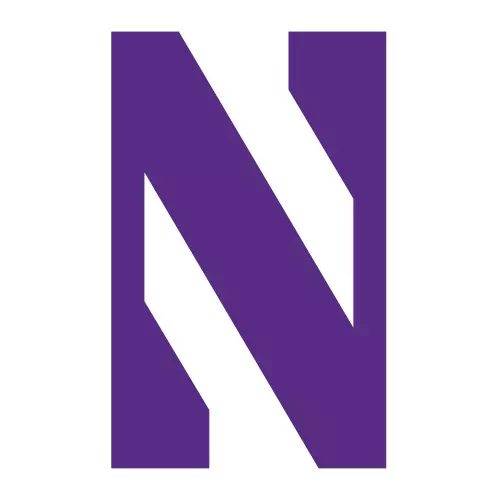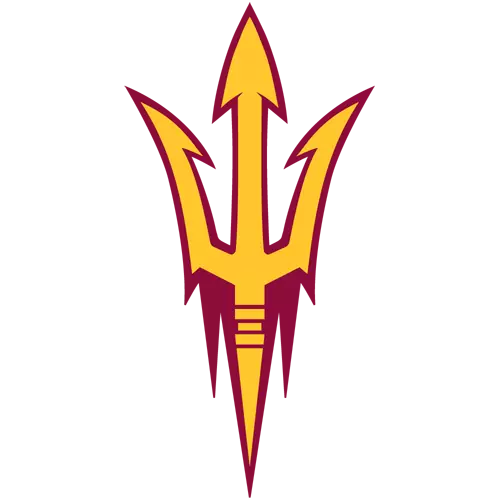
LATEST College Football Transfer Portal

NCAAF · 15 hours ago
Top 12 Players Who Committed in the College Football Transfer Portal on Tuesday

NCAAF · 14 hours ago
Projecting Landing Spots for the Top 20 Quarterbacks in the Transfer Portal

NCAAF · 14 hours ago
Transfer Portal Watch: Predicting Where College Football’s Top 45 Landing Spots

NCAAF · 15 hours ago
Top 12 Players Who Committed in the College Football Transfer Portal on Tuesday

NCAAF · 14 hours ago
Projecting Landing Spots for the Top 20 Quarterbacks in the Transfer Portal
Top 15 Players Available in the College Football Transfer Portal
Oregon RB Jayden Limar Enters Portal Ahead of CFP Semifinal
Texas Tech Signs QB Brendan Sorsby, Shakes Up Big 12 for 2026
Top 15 Players Who Committed in the College Football Transfer Portal on Monday
The 15 Most Impactful Transfer Portal Commitments From the Weekend

LATEST College Football Transfer Portal VIDEOS

MORE College Football Transfer Portal
College Football Transfer Portal 101
What is the transfer portal?
The Transfer Portal in collegiate sports, particularly in college football, is an online platform that facilitates the transfer process for student-athletes. It was introduced by the NCAA (National Collegiate Athletic Association) to streamline and make the transfer process more transparent.
How does the college football transfer portal work?
-
Registration: A student-athlete who wishes to transfer to another institution informs their current school's athletics department. The school then has two business days to enter the athlete's name into the Transfer Portal.
-
Visibility: Once in the portal, the athlete's information becomes visible to other NCAA member institutions. This visibility allows coaches from other programs to initiate contact, essentially opening the door for recruitment.
-
Control for Athletes: Prior to the Transfer Portal, athletes relied on their current schools to communicate their intent to transfer. The portal gives more control to athletes in the transfer process, allowing them to explore options without needing permission from their current school.
-
Compliance and Eligibility: The Transfer Portal also serves as a compliance tool, helping both athletes and schools adhere to NCAA rules. However, entering the portal doesn’t guarantee transfer nor does it ensure immediate eligibility at the new school. Specific NCAA transfer rules still apply, and these can vary depending on the athlete's circumstances and the sport.
-
Impact on Scholarships: Athletes should be aware that entering the Transfer Portal can impact their scholarship status. Once in the portal, the current school is not obligated to retain the athlete on scholarship for the next academic term.
-
Decision Making: Athletes can withdraw their names from the portal at any time and either stay at their current school or complete a transfer.
Who is eligible to enter the college football transfer portal?
Eligibility to enter the NCAA Transfer Portal is primarily governed by NCAA rules and regulations, which apply to student-athletes in all NCAA sports, including college football. Only student-athletes who are currently enrolled at an NCAA member institution are eligible to enter the Transfer Portal. This means the athlete must be on a team roster and attending the university.
There are no sport-specific restrictions; athletes from any NCAA-sanctioned sport can enter the portal. To enter the portal, athletes must first notify their current school's athletic department of their intention to transfer. The school is then required to enter the athlete’s name into the Transfer Portal within two business days of receiving the notification. Unlike previous rules, student-athletes do not need to obtain permission from their current school to contact other schools or to transfer. Entering the portal allows them to be contacted by coaches from other institutions.
Why do college football players transfer?
Some student-athletes consider transferring due to dissatisfaction with their current program. This might stem from a lack of playing time, a coaching style or system that doesn't fit, a change in the coaching staff, or a desire to play at a higher level. After dedicated effort in training and practice, some athletes may come to realize that the program isn’t what they expected or desired.
Can a college football player decide to return to their original team after entering the transfer portal?
Yes, a player can decide to return to their original team after entering the NCAA Transfer Portal, but this decision is subject to certain conditions and the discretion of the original team's coaching staff and athletic department. Entering the Transfer Portal does not automatically sever the athlete's relationship with their current team.
However, the decision to return is not solely up to the athlete. The original team's coaching staff and athletic department have the discretion to decide whether they will welcome the athlete back. If the athlete was on a scholarship, it's important to note that their scholarship may not be guaranteed upon their return. Once a player enters the Transfer Portal, the school is no longer obligated to maintain their scholarship for future terms. The availability of a scholarship upon their return would depend on the team’s budget, scholarship limits, and the discretion of the coaching staff.
Do college football players pick their new school, or do the schools pick the players?
The process mirrors pre-college recruitment: Mutual interest between an athlete and a team culminates in the team extending an offer and the athlete committing.
Coaches must carefully consider their available scholarship slots when contemplating the addition of transfer players. Similarly, athletes evaluate their potential for playing time when choosing a new institution.
How can college football coaches and recruiters use the transfer portal?
College football coaches and recruiters use the NCAA Transfer Portal as a strategic tool for team building and roster management. The portal provides a centralized platform where student-athletes who are interested in transferring can be identified. They can increase the overall talent on their roster, add proven players who fit their schemes, improve weaknesses on the roster, and plug holes created from players departing the program.
For college football programs, the Transfer Portal has become an essential component of recruitment strategy, allowing coaches to more effectively and efficiently strengthen their teams with players who have collegiate playing experience and who may be looking for new opportunities or a better fit academically and athletically.






















































































